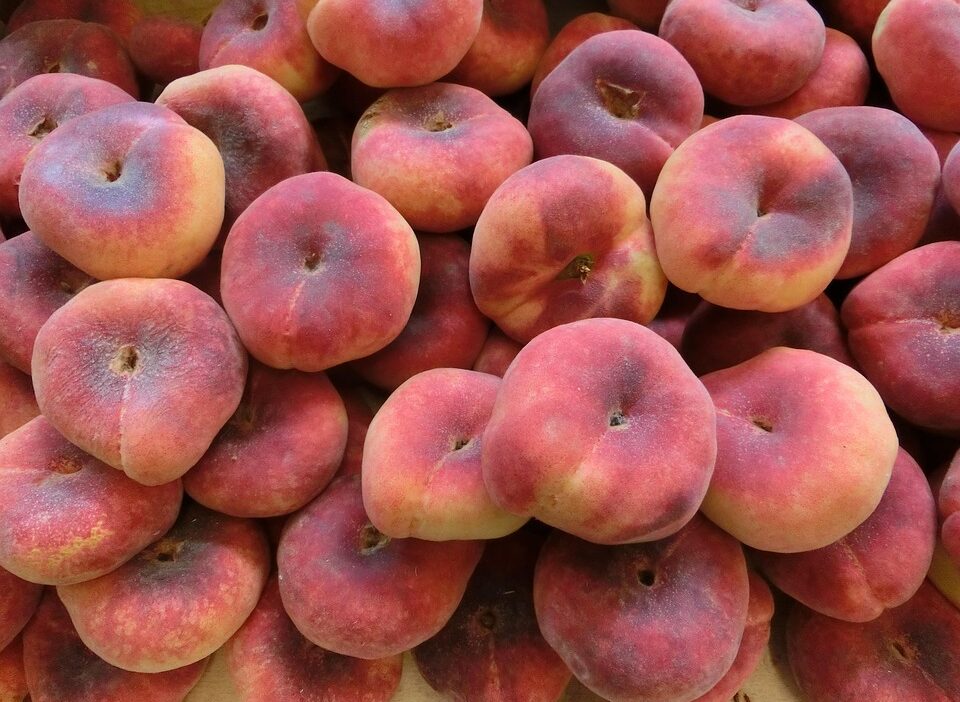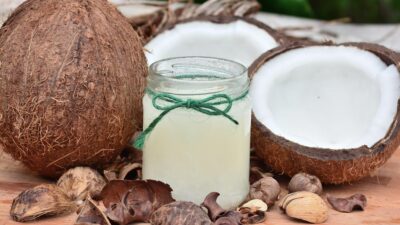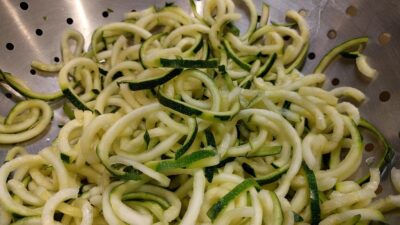In recent years, organic foods have garnered a reputation as healthier and more environmentally friendly choices. However, with popularity comes a myriad of myths and misconceptions. This article aims to demystify organic foods by addressing some common myths and providing evidence-based information to help you make informed choices.
Myth 1: Organic Foods Are Always Healthier
The Reality
While organic foods are grown without synthetic pesticides or fertilizers, this doesn’t inherently mean they are more nutritious. Several studies indicate that conventional and organic produce may have similar levels of vitamins and minerals. The health benefits of organic foods may come from reduced exposure to synthetic chemicals, but they should not be seen as a guaranteed health panacea.
Myth 2: Organic Foods Are Pesticide-Free
The Reality
One of the biggest misconceptions about organic food is that it is completely free of pesticides. Organic farmers are allowed to use certain natural pesticides to protect crops. While these pesticides are generally considered safer than synthetic alternatives, they can still have biological impacts. The key difference is the type and quantity of pesticides used, along with the limitations set by organic farming regulations.
Myth 3: Organic Foods Are Better for the Environment
The Reality
Organic farming practices aim to be sustainable and environmentally friendly. They focus on improving soil health, reducing pollution, and promoting biodiversity. However, the environmental impact of agriculture, whether organic or conventional, is complex and context-dependent. In some cases, organic farming can require more land to produce the same yield, which can lead to habitat loss. Thus, while organic methods can reduce certain environmental impacts, they are not a one-size-fits-all solution.
Myth 4: Organic Foods Are More Expensive for No Reason
The Reality
The higher cost of organic foods often reflects the more labor-intensive farming practices employed, the costs of organic certification, and the smaller scale of production. Organic farms typically yield fewer crops per acre than conventional farms, which can drive up prices. However, many consumers are willing to pay extra for perceived health benefits and to support sustainable practices.
Myth 5: Organic Foods Taste Better
The Reality
Taste is subjective and varies among individuals. Some people claim that organic foods taste fresher and more flavorful, while others do not notice a significant difference. Various factors, including the crop variety, ripeness at harvest, and storage methods, can significantly affect taste. Thus, it’s crucial to remember that organic doesn’t automatically translate to superior flavor.
Myth 6: All Organic Foods are Produced Locally
The Reality
While many organic products are sourced from local farms, this is not universally true. Organic foods can be imported from other regions or countries, meaning they may come with a larger carbon footprint due to transportation. Supporting local organic farms is an excellent way to contribute to your local economy and reduce transportation-related environmental impacts, but it’s essential to check labels and ask questions about sourcing.
Myth 7: Organic Foods Prevent Foodborne Illness
The Reality
No method of agricultural production can guarantee that food is free from pathogens like E. coli, Salmonella, or Listeria. Organic foods can still carry foodborne bacteria just like conventional foods. Proper food handling, cooking, and storage practices are critical for minimizing food safety risks, regardless of whether the food is organic or conventional.
Conclusion
Understanding the realities of organic foods can help consumers make informed choices that align with their values and health goals. While organic foods have their benefits, including reduced exposure to synthetic chemicals and potential environmental advantages, they are not a cure-all. It’s essential to consider various factors—personal health, environmental impact, taste preference, and budget—when incorporating organic foods into your diet. Empower yourself with knowledge and make food choices that work best for you and your family.



